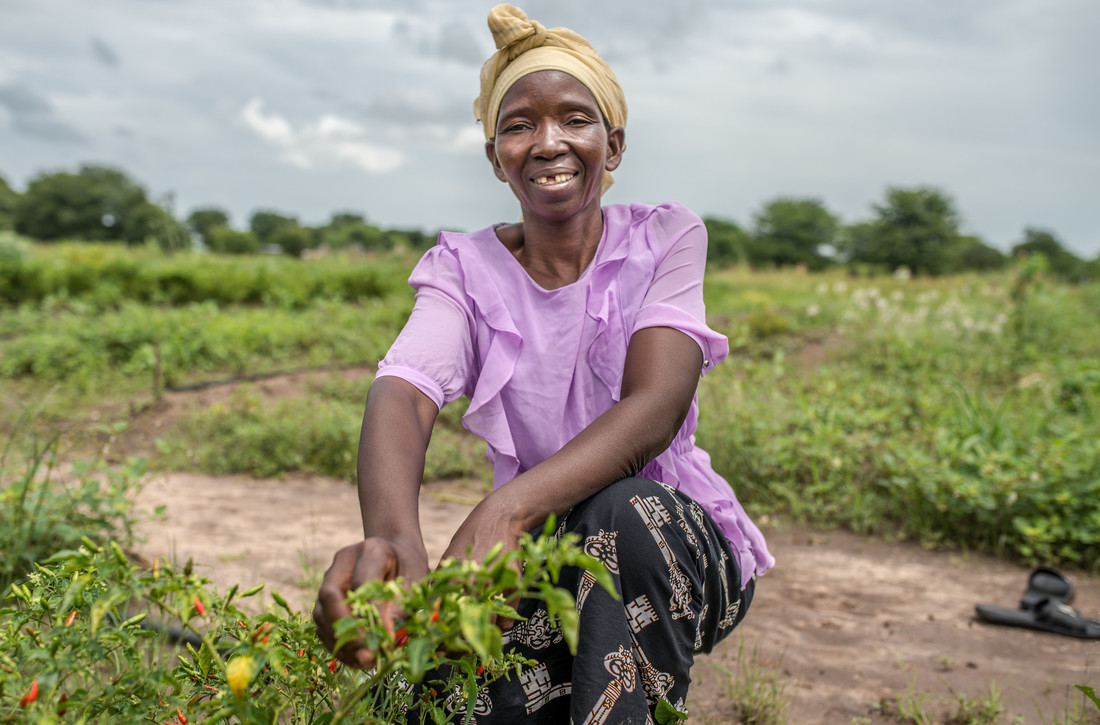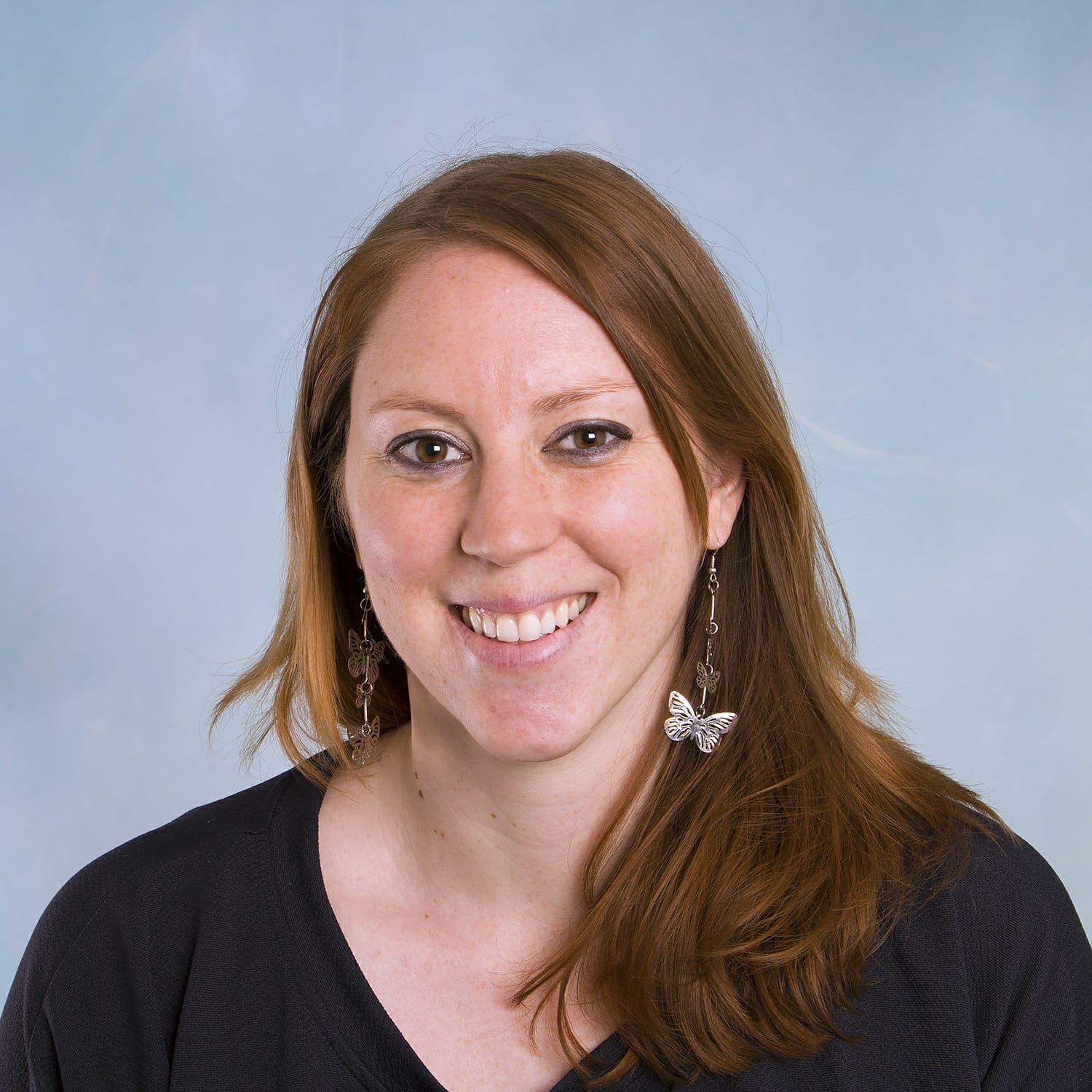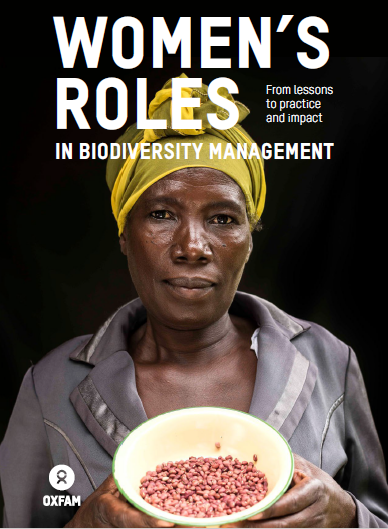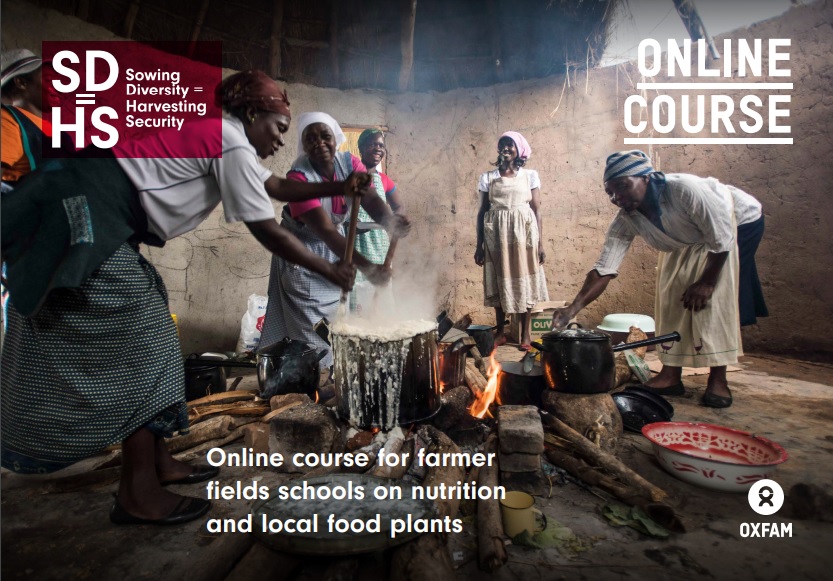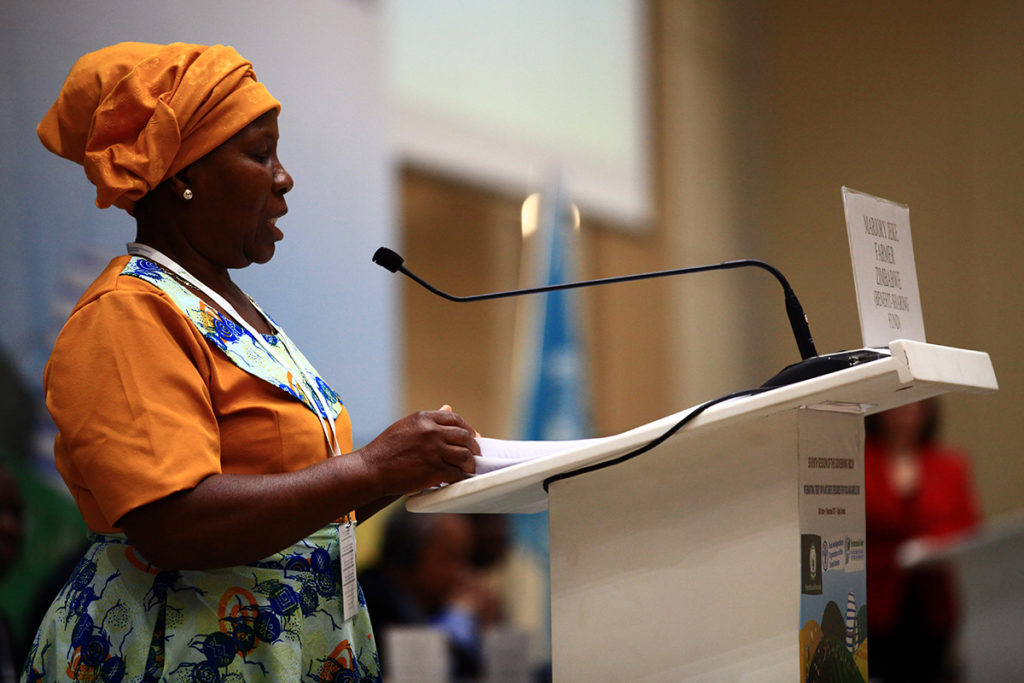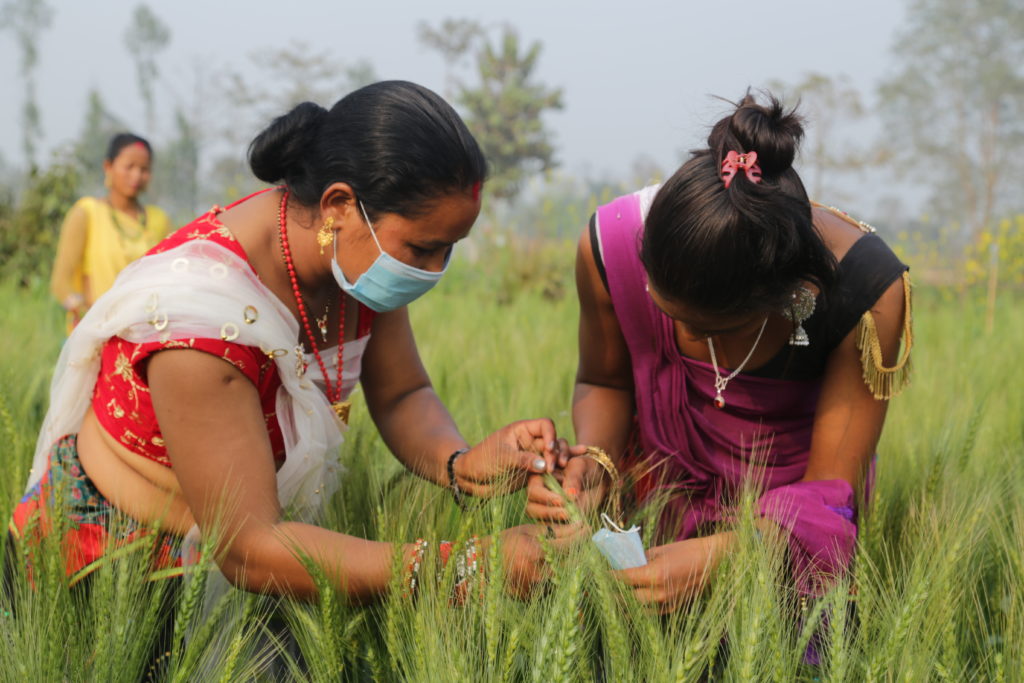Smallholder farmers produce over 80% of the world’s food. Yet, only 10% of them have access to good quality seeds that are adapted to the complex and variable conditions they are confronted with. Good quality seeds that are crucial for productive and resilient farming systems, can tolerate climate change impacts and ultimately can help achieve food and nutrition security.
Smallholder farmers’ lack of access to good quality seeds is largely the result of the privatization of the seed sector in recent decades. The low returns on investment provide little incentive for the private sector to invest in self-pollinating crops and seeds of traditional varieties. They ignore both the needs and the potential of smallholder farmers that do not constitute a strong commercial market. This trend further narrows the plant genetic base in many developing countries.
As a consequence, many smallholder farmers continue to rely on seeds from informal sources. But these seeds often have shortcomings regarding varietal identity, purity, seed health and low germination rates reflecting degeneration of seed quality.
Enhancing farmers’ livelihoods, income and seed security
SD=HS strengthens farmers’ capacities in seed production and facilitates access to quality seed and options to improve their livelihoods. SD=HS partner organizations proved that, with adequate support, smallholder farmers can produce large quantities of seeds that match or exceed the quality of those from the formal seed system. SD=HS works with partners that have experience with various models of Farmer Seed Enterprises, including seed clubs in the Mekong Delta, village-based seed enterprises in Nepal, and Champion Seeds cooperative in Zimbabwe.
The implementation strategy involves four key elements
1. Strengthened capacities of farmers, women and youth
SD=HS strengthens farmers’ capacities in seed production and facilitates access to quality seeds and options to improve their livelihoods.
2. Integrated institutional support
Oxfam and partner organizations bring together expertise in quality seed development, policies and regulation, capacity development, local enterprise development and public-private partnerships.
3. Regulation and licensing
SD=HS works with regulators to develop flexible approaches that allow smallholder farmers’ seed enterprises to meet quality assurance standards.
4. Documentation and exchange of experiences
Farmer entrepreneurs lay a stronger foundation for sustainable farmer-led enterprises through sharing of experiences in different settings.
Our impact
- Local farmers seed enterprises are delivering seeds to thousands of people – and in a profitable manner

